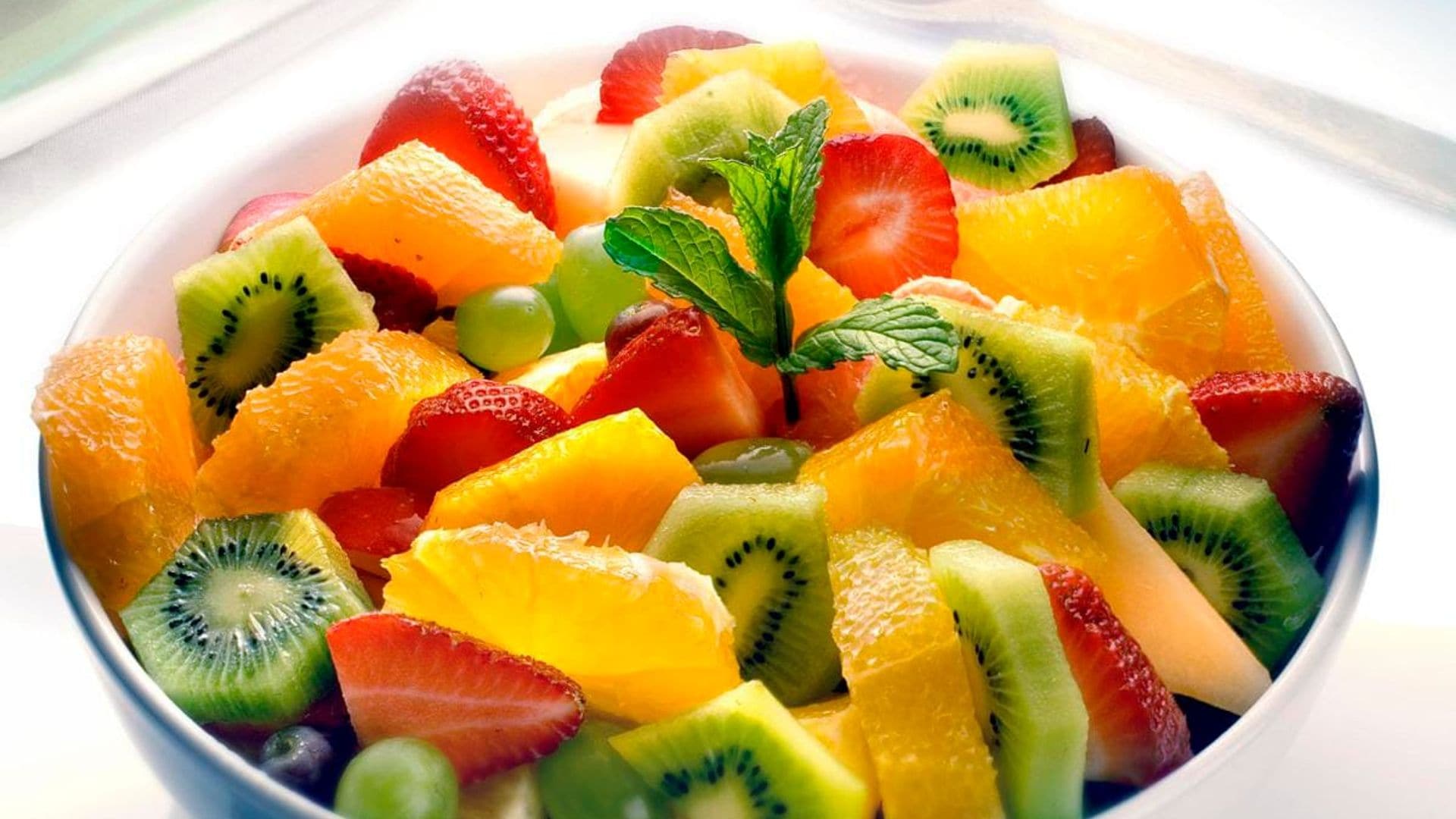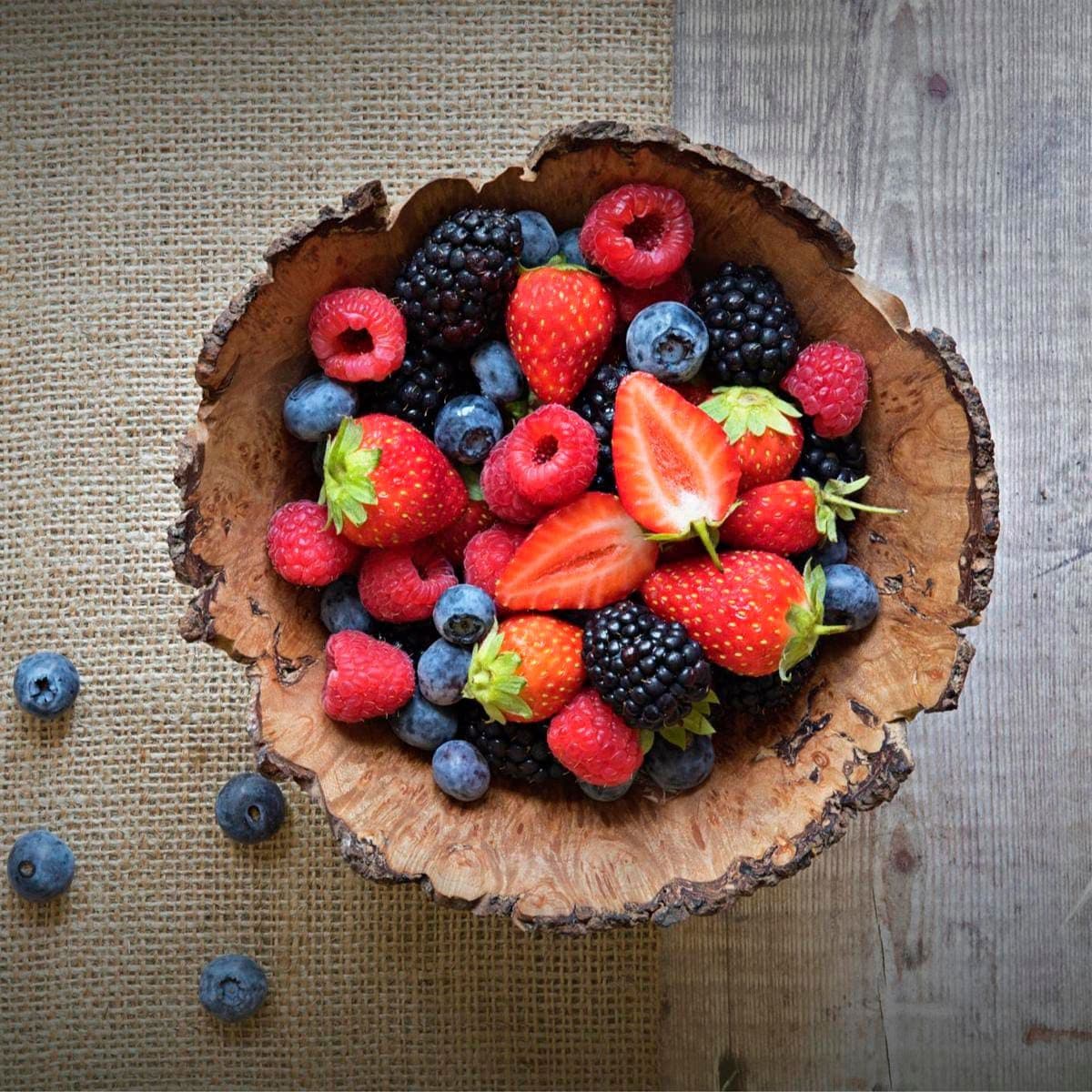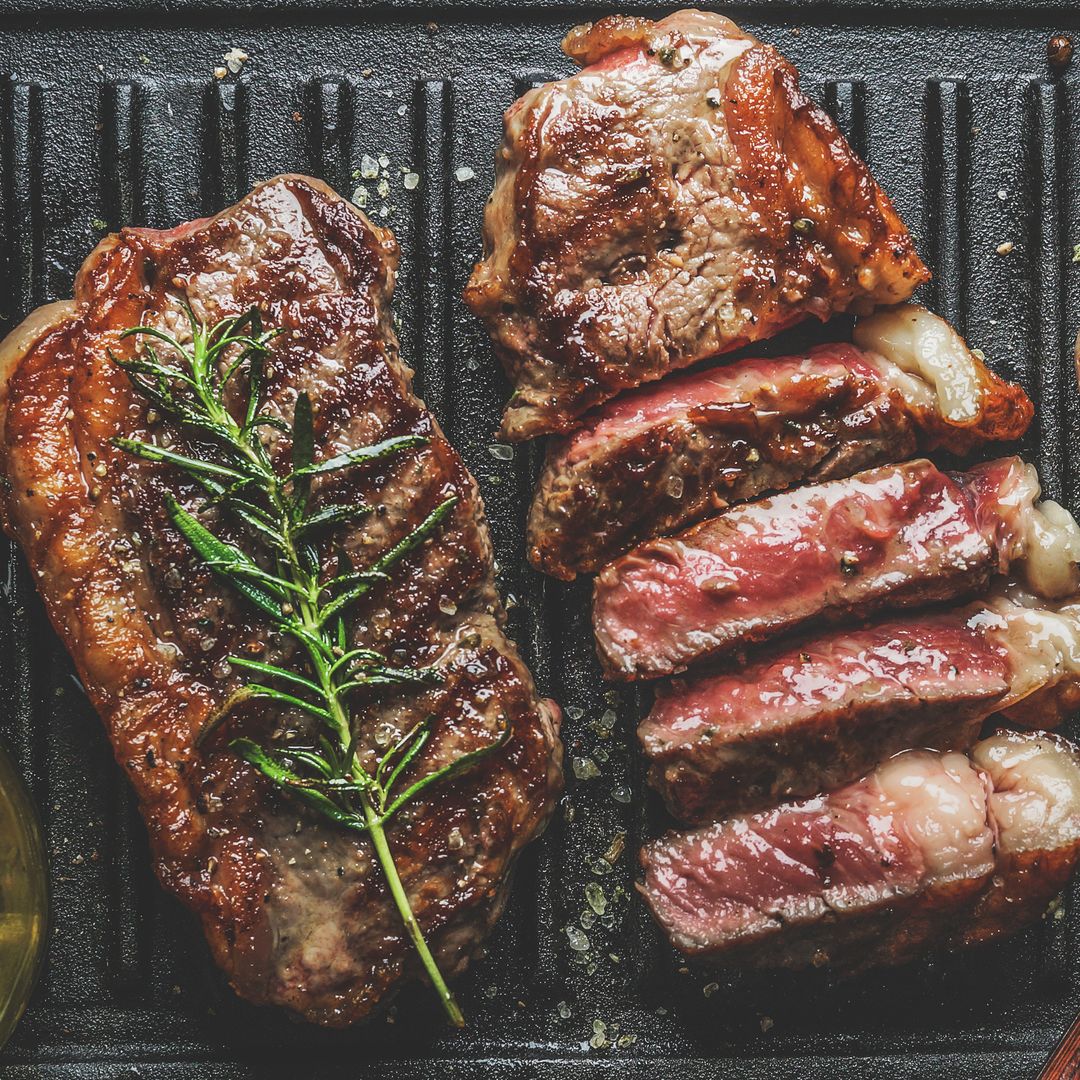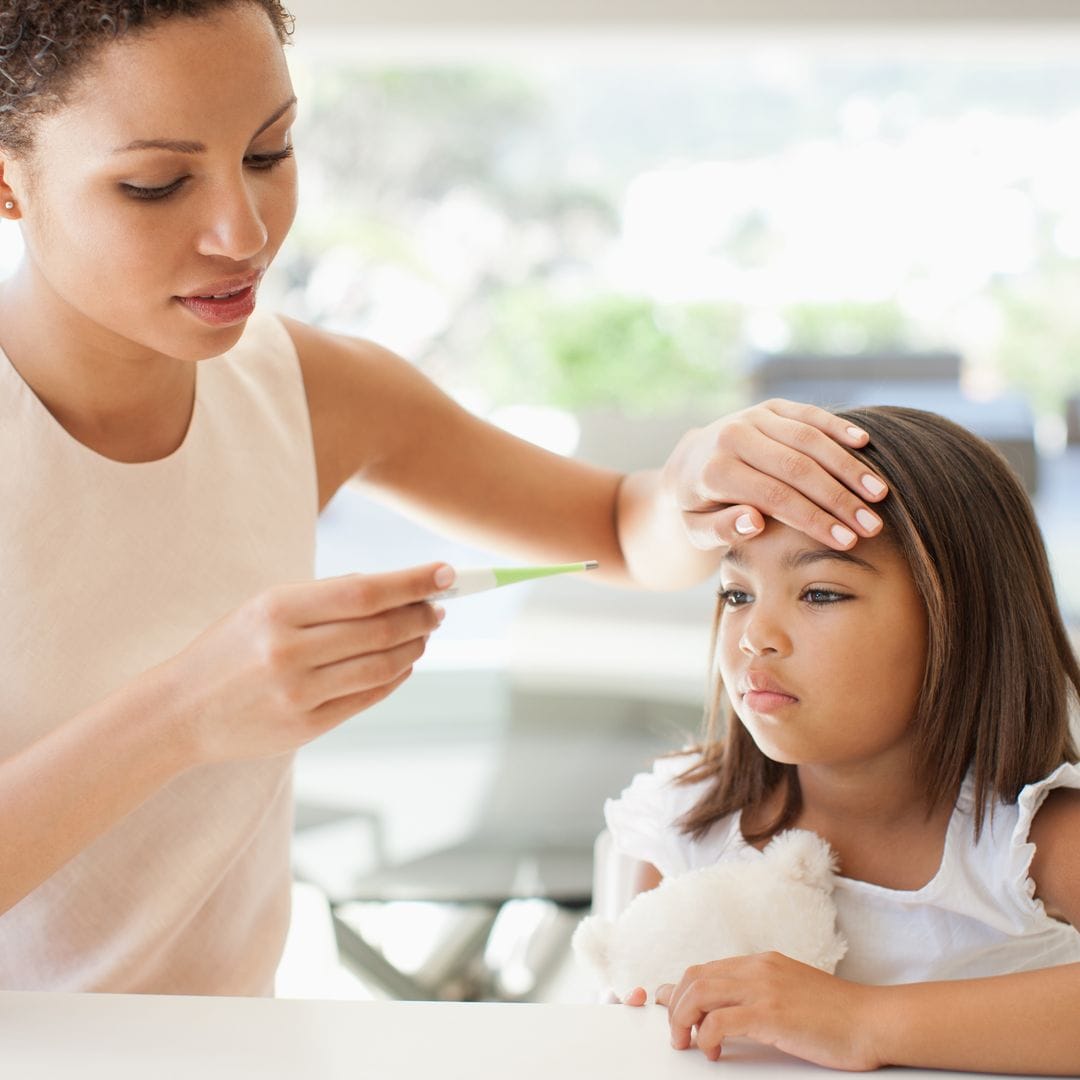Fruit is full of nutrients we all need, including vitamins, minerals and antioxidants. But it can also be high in natural sugar, which must be controlled in a diabetic diet.
To keep blood glucose levels healthy it’s best to choose those fruits that offer plenty of natural fiber, which is especially true of ones whose skin you can eat. By taking the fiber in along with the sugar, you slow down its absorption, avoiding blood glucose spikes.
Following this principle, some of the best options for diabetics are apples, pears, plums, kiwis, strawberries, oranges, tangerines and grapefruit.
Berries are definitely on the green list, and blackberries and blueberries have been found to bring a special bonus, as they are a concentrated source of anthocyanins, which inhibit certain digestive enzymes to slow down digestion.
Among the less good options are pineapple, mango, lychee and banana, which have a relatively high ratio of sugar to fiber.
That said, no fresh fruit is completely off the menu. “All can be enjoyed by people with diabetes, as long as they are consumed in small quantities and distributed throughout the day,” explains Silvana Lezzi, nutritionist at Sanitas.
So how much fruit is okay?
Currently 4 servings per day is the recommended maximum amount, the same as for the general population.
And when is best to eat it?
The key point is to spread out fruit intake, rather than eating a lot at once. Fruit makes a good dessert after lunch and dinner, helping to reduce the temptation to reach for sugar-laden puddings. It’s perfect too for breakfast and snacks.
Beware dried fruit
This is where a problem is most likely to occur. “Despite having the same amount of sugar as fresh fruit, it has less volume, so the sugar is more concentrated,” Ms Lezzi points out. That means that a modest handful of raisins contains as much sugar as the whole pound of grapes it came from. So products like dried apricots, prunes, dates and figs are often best avoided.
Disclaimer: This information is for general knowledge only and should not be used in place of professional medical advice. Always consult with your doctor or a qualified healthcare provider for advice on any medical concerns.





